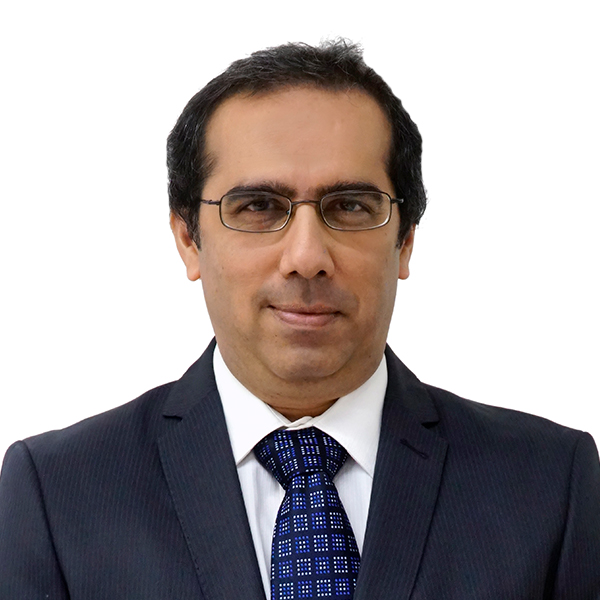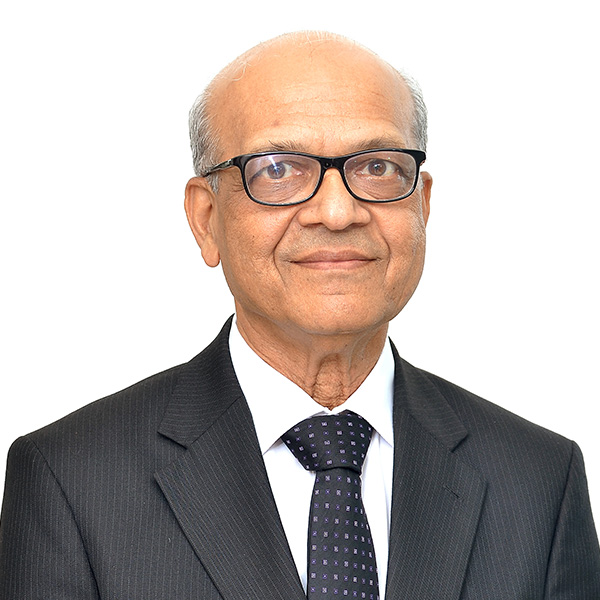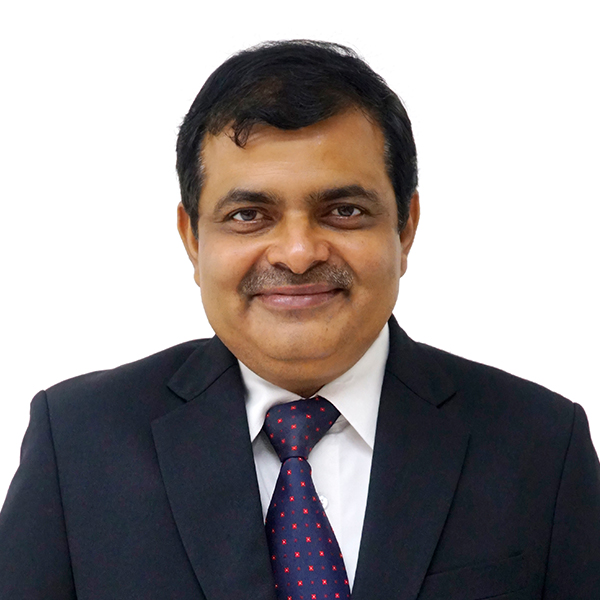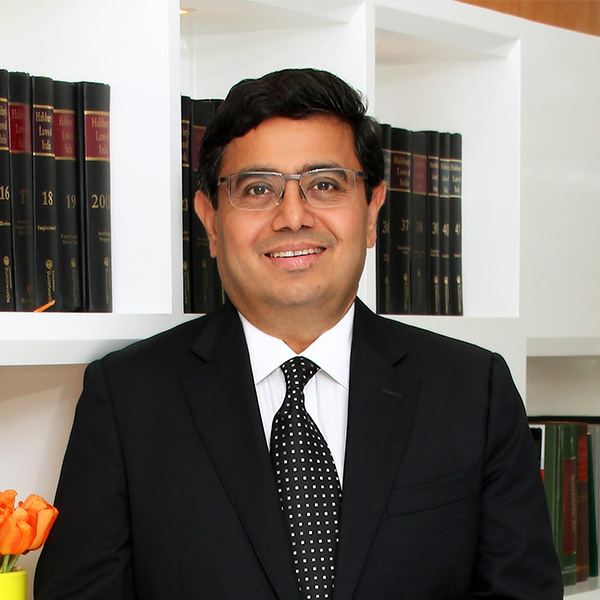“FULL INPUT TAX CREDIT” under the second proviso to Rule 28 of the Central Goods & Services Tax Rules, 2017 – an unachievable farce?
An issue that often riddles taxpayers under the GST regime is the value to be adopted for the purposes of discharging applicable GST on supplies of goods and/or services between related parties or distinct persons, even when made without consideration, as mandated in terms of Section 7(1)(c) of the Central Goods & Services Tax Act, 2017 (‘CGST Act’) read with Entry 2 of Schedule I to the CGST Act.
Section 15 of the CGST Act provides that the price actually paid or payable for the supply shall be reckoned as the taxable value, except in two situations: firstly, where the supplier and the recipient are related, and secondly, where price is not the sole consideration for the supply.
The present article discusses the first scenario i.e. the computation of taxable value of supply of goods or services between related parties. In such cases, Chapter IV of the Central Goods & Services Tax Rules, 2017 (‘CGST Rules’) stipulates the manner in which the value of supply is to be determined.
Rule 28 of the CGST Rules provides for the determination of the value of supply of goods or services, or both, between distinct or related persons. The rule above prescribes alternate methods for computation of the taxable value of supply of goods or services between distinct or related persons. The only situation in which the value declared in the invoice shall be deemed to be the open market value of the goods or services and, hence, reckoned as the taxable value of the supply, is where the recipient of the supply is eligible for full input tax credit.
The qualification of ‘full input tax credit’ appears to be deceptively straightforward, however, on scrutiny of the same, several opacities surface.
While it is clear that recipients engaged in the supply of goods or services that are “exempt supplies” for the purposes of the CGST Act / SGST Act/ IGST Act would not satisfy the criterion set out in the second proviso to Rule 28, the question that begs consideration is the treatment of supplies that qualify as “exempt supplies” under the GST (Compensation to the States) Tax Act, 2017 (‘GSTC Act’). In other words, would an exempt supply under the GSTC Act impede satisfaction of the criterion of eligibility for full ITC under the second proviso to Rule 28 of the CGST Rules?
Firstly, the levy and collection of GST Compensation Cess is governed by Section 8 of the GSTC Act. In exercise of the powers conferred by Section 8(2) of the said Act, the Central Government notifies the rate of cess that shall be levied on the intra-State supplies or inter-State supplies of goods.
While Notification No. 1/2017-CC(R) dated 28.06.2017 prescribes the rate of cess leviable in respect of a limited number of supplies of goods in a tabular format, it contains a residual entry in Sl. No. 55, in respect of all goods other than those mentioned in the Table, prescribing a Nil rate. Similarly, Notification No. 2/2017-CC(R) dated 28.06.2017 prescribes the rate of cess leviable in respect of only three supplies of services and also contains a residual entry in SI. No. 3 in respect of any other services, prescribing a Nil rate.
Thus, it appears that all supplies of goods/ services other than those specified in the Tables would attract ‘nil rate’.
Further, in terms of Section 2(2) of the GSTC Act read with Section 2(47) of the CGST Act, an “exempt supply” means a supply which attracts nil rate of tax or may be wholly exempt under Section 11 of the CGST Act or Section 6 of the IGST Act, and includes a non-taxable supply.
Hence, all supplies of goods or services (other than the limited number of supplies leviable to GST Compensation Cess as per the aforesaid Notifications) would theoretically qualify as “exempt supplies” subject to ‘nil’ rate of tax. This would render most supplies of goods or services to be exempt under the GSTC Act.
If an interpretation is adopted that a nil-rated supply for the purposes of the GSTC Act would restrict full ITC under the CGST Act, every supply of goods or services, other than those leviable to GST Compensation Cess would not be eligible for full ITC. Hence, in effect, the second proviso to Rule 28 of the CGST Rules would virtually never stand satisfied but for the limited supplies leviable to Cess, rendering the said provision extremely restrictive.
However, it may be possible to argue that such an interpretation of the provisions, as also the interplay between the two Acts, is antithetical to the intention underpinning the proviso to Rule 28 of the CGST Rules.
Firstly, the CGST Act/ SGST Acts/ IGST Act and the GSTC Act are distinct, independent and separate legislative enactments propelled by different ethos. The former provides for levy and collection of tax on supplies of goods or services and for matters connected therewith or incidental thereto. Contrarily, the latter provides for compensation to the States for the loss of revenue arising on account of implementation of GST. Despite the framework of the GSTC Act being borrowed from the CGST Act, it is evident that the levy under the same is distinct and independent. Hence, the treatment of supplies under both Acts cannot be conflated. Therefore, an “exempt supply” under the GSTC Act ought not to be reckoned as an “exempt supply” under the CGST Act.
Secondly, it may be noted that while the expression “Full Input Tax Credit” does not appear to be defined under the CGST Act or Rules, the term “input tax credit” has been defined in Section 2(63) of the CGST Act to mean the credit of “input tax”, which in turn has been defined in Section 2(62) to mean Central tax, State tax, Integrated tax or Union territory tax charged on any supply of goods or services or both made to him and inter alia includes IGST paid on import of goods and services, etc.
While the definition of “input tax” under the CGST Act does not include GST Compensation Cess payable under the GSTC Act, it will be interesting to see how the Department interprets the definition for the purposes of applying the second proviso to Rule 28 of the CGST Rules. Also, the interpretation and position to be adopted by the Department remains ambiguous qua the ‘nil’ rating of supplies for the purposes of the GSTC Act for its application to the criteria of ‘full ITC’ for the purposes of applying the second proviso to Rule 28 of the CGST Rules. In absence of any clarity, we will only have to wait, until we find an answer to these interpretational enigmas.
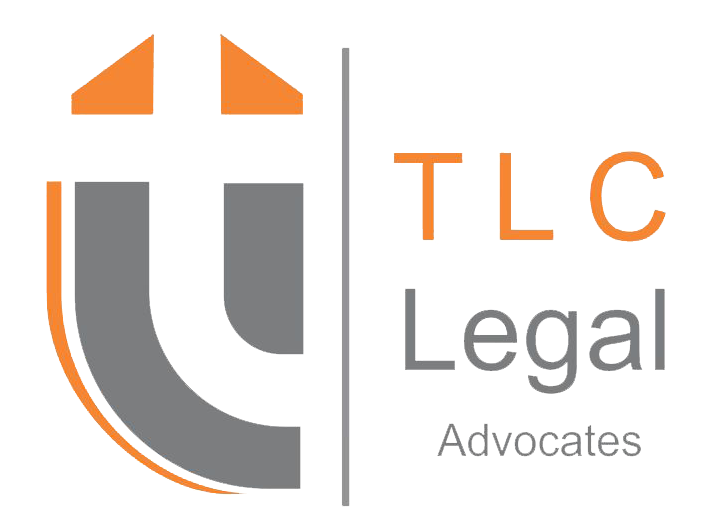
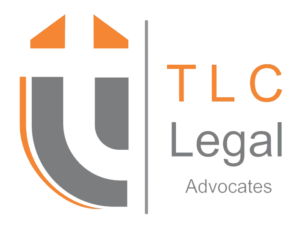
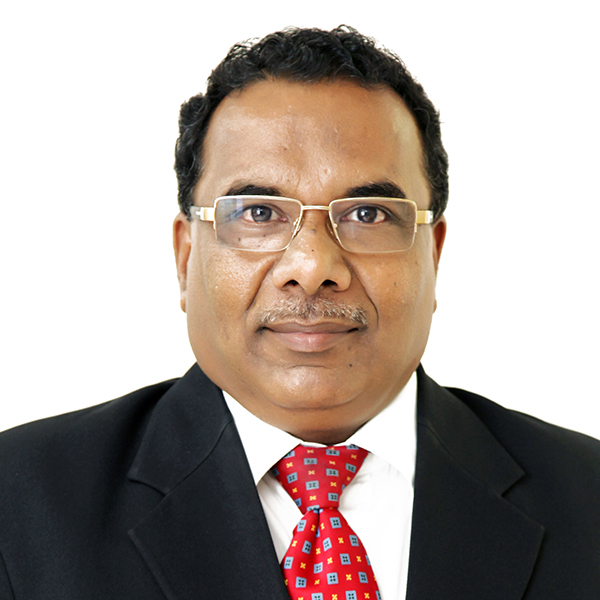
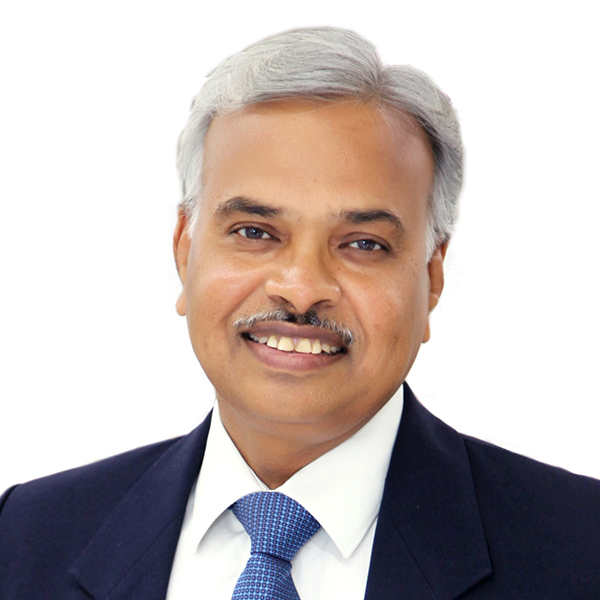
 Mumbai
Mumbai sushil@tlclegal.in
sushil@tlclegal.in